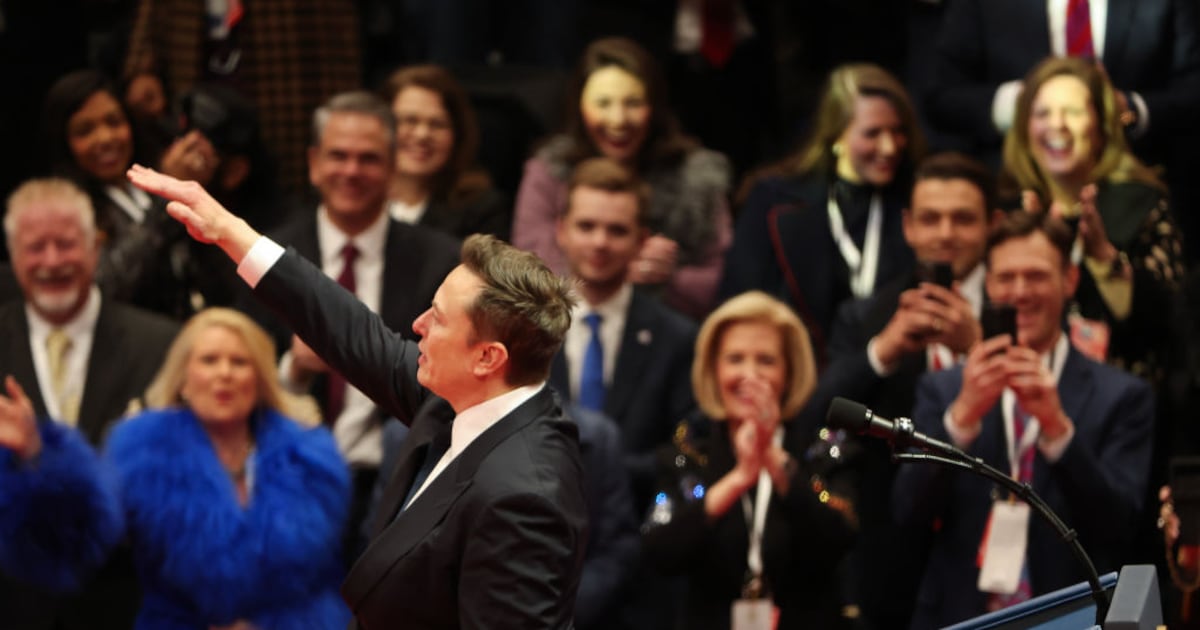Simon Tam decided to name his Asian-American dance rock band The Slants, as a “badass reference to our own perspective, or slant on life, as well as our journey to unpack these false stereotypes as people of color.”
Then, when another band with the same name started booking gigs, The Slants’ lawyer suggested registering their name as a trademark. This would help avoid consumer confusion, and also protect The Slants’ name, logo, and other branded properties. Sounded simple enough—file some papers, pay some fees, and voila, The Slants name was protected by law.
Unfortunately, the U.S. Trademark and Patent Office, which handles cases like this, wasn’t onboard. They referred to Section 2(a) of the Lanham Act, t a 1946 law which is the country’s primary trademark statute. The USPTO used the law’s disparagement provision to claim that the band’s name was insulting to Asian-Americans and refused their trademark request.
“I was perhaps a bit naïve; I thought we could just provide some information” about the band and its name, and get the trademark approved, says Tam, author of the new book Slanted: How An Asian-American Troublemaker Took on the Supreme Court.
“I thought if we just showed them community support” for the band and its name “through Asian-American media, they would relent,” adds Tam.
Well, no. Despite the fact, says Tam in the book, that the term slant “on the racism Richter scale would barely register a 2.0”; despite the fact that the term was so obscure as a racial slur the New Oxford American Dictionary had removed a reference to offensiveness from its definition; and despite the fact that in a poll only 16 percent of Asian-Americans found the term offensive, the USPTO kept rejecting the band’s applications.
Which is why the case eventually ended up in the Supreme Court. And eight years after first applying for the trademark, SCOTUS unanimously ruled that the disparagement provision violated the band’s First Amendment rights. As the Notorious RBG put it: “Does it not count at all that everyone knows that The Slants are using the term not at all to disparage, but simply to describe? It takes the sting out of the word.”
The victory was a sweet one. But as he describes in Slanted, it took a toll on Tam and the band. “Perhaps the biggest lesson I learned through all this was how long it takes for change to occur,” says Tam, “and how one has to be very persistent in bringing it about. It took eight years for our case to be decided. It cost years of my life, and tens of thousands of dollars. What is the toll exacted on a person for fighting that long?”
Tam also learned some interesting things about the legal system in general, and the way the USPTO worked in particular. He realized early on that the office had no problem allowing trademarks for candies labeled “Black Sambo” and “Wampum Indian,” and had of course trademarked the name of a certain Washington, D.C. football franchise. But when minority or LGBTQ communities tried to re-appropriate certain terms, they were almost always denied—DykeDolls (lesbian dolls), Dykes on Bikes (a lesbian motorcycle group), and Heeb (a Jewish media organization), were all denied trademark protection.
“We are dealing with a cultural shift around language and politics, and the government was afraid of making the wrong call, they wanted to avoid a political controversy,” says Tam. “The only people involved in the decision had been doing the same thing for years, and they were in unfamiliar territory. These words were not appropriate in the past, and they were not going to approve them now. It just demonstrates how imperfect the law was.”
And there’s this—Tam found opposition in some unexpected quarters. The Asian-American Bar Association actually filed a brief against Tam’s case, saying it might inadvertently perpetuate racist iconography. Tam also drew heat from Native-American activists, who were fighting the Redskins’ trademark, and the media seemed to link Tam’s case with theirs, even though they were not connected—one was about rescinding a trademark, the other about getting one. But in one of those ironies of history, The Slants’ victory also meant The Redskins could keep their trademark.
But that was then. Now, says Tam, “the majority of the members of the Asian-American Bar Association are huge fans and supporters, and all their local chapters have invited me out to do events. I also have a good relationship with a number of Native Americans; the thing is, it’s not like we have different values, we just have different interpretations regarding the process to get there. (Tam believes the Native-American legal strategy was flawed, since it relied on the disparagement section of the law he was challenging, which was unconstitutional).”
One other thing has changed. When they started out, The Slants booked a lot of anime conventions, because they realized that’s where they could find a large white audience not put off by Asian culture. Nowadays they play a lot of legal events like legal conventions, where Tam will often do a presentation about the case, and then the band will play. “Most of the time, if they pair me with an attorney” during the presentation, Tam chuckles, “I know more than them, because this is an obscure area of law.”
In a sense, Tam and the Slants are now paired forever with Larry Flynt, whose 1988 First Amendment case, Hustler Magazine v. Falwell, not only ended in a unanimous decision in favor of free speech, but was also dramatized in the 1996 film The People vs. Larry Flynt. Both cases were significant victories for men sen as cultural outliers by some sectors of society, and both expanded the notion of what constitutes legal discourse (Tam admits certain elements of the cases are “analogous”).
In Tam’s case, it also means that re-appropriating verbiage used to slur minorities has become a killer weapon for those same minorities. “It’s a certain power when we claim identity; you can’t use this against me,” says Tam. “It’s not just empowering, it feels good to claim something. ‘You’re wielding this word, but you have no power over me.’”







